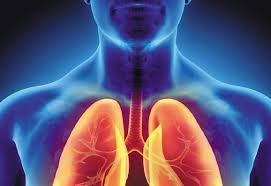Dampness in a home can have serious consequences, not only for the property itself but also for the health and well-being of its occupants. In Belfast, where moisture and humidity can be prevalent, understanding the impact of dampness is essential.
Respiratory Issues: Damp environments encourage the growth of mould and mildew, leading to spores in the air. Breathing in these spores can cause respiratory problems, allergies, and exacerbate asthma symptoms, particularly in children and the elderly.
Skin Irritations: Dampness can also lead to skin conditions such as eczema and rashes. The increased humidity in damp areas creates a breeding ground for dust mites, a common trigger for skin allergies.
Mental Health Effects: Living in a damp, mouldy environment can lead to feelings of discomfort and unhappiness. The unpleasant odour and appearance of mould may contribute to stress and anxiety.
Structural Damage: Dampness doesn’t just affect health; it also impacts the well-being of your home. It can weaken the structure, leading to long-term damage that may be costly to repair.
Energy Efficiency: Damp homes often feel colder, leading to increased heating costs. Insufficient insulation and damp-related damage can decrease energy efficiency, impacting both your wallet and the environment.
For Belfast residents, understanding the impact of dampness on health and well-being is a crucial step towards taking appropriate preventive measures. Ensuring proper ventilation, addressing leaks promptly, and seeking professional assistance if dampness persists are essential practices to maintain a healthy living environment.



